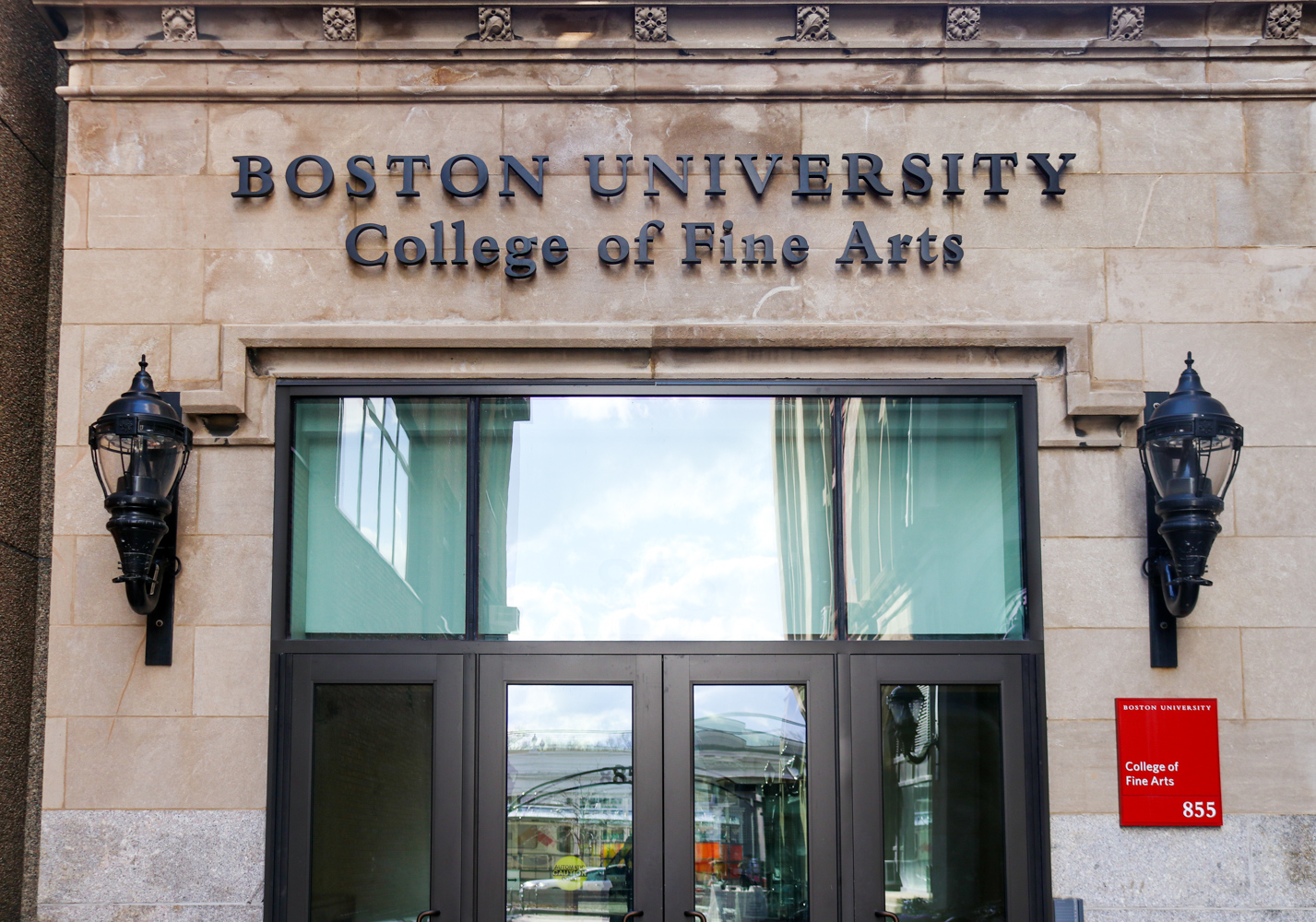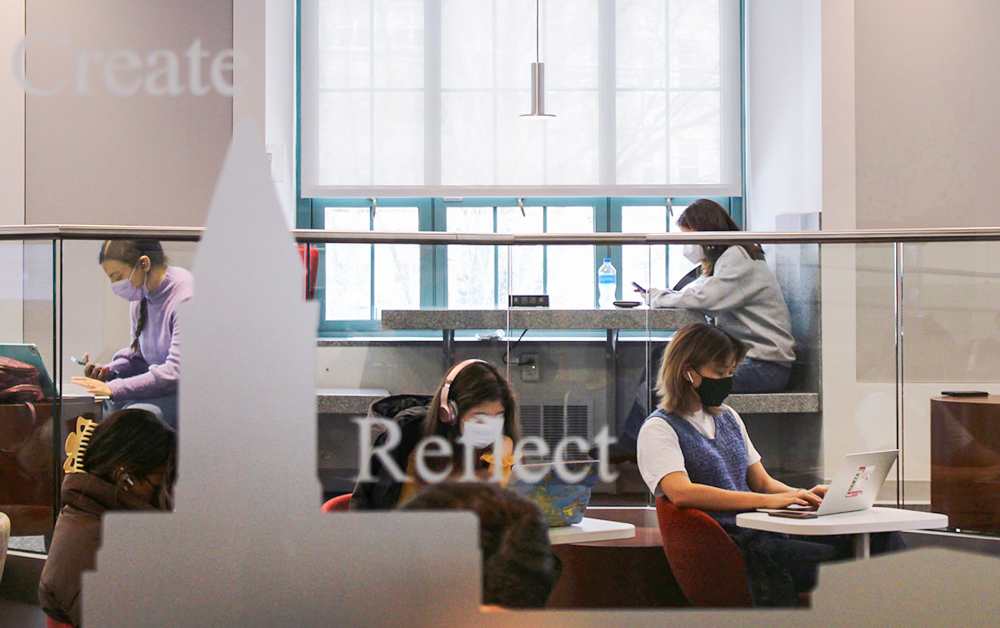Mass. Attorney General Martha Coakley announced official support for proposed legislation prohibiting for-profit colleges and universities from using federal funding for advertising, marketing and recruiting, according to a Monday press release.
However, the bill will have little effect on Boston University, as BU’s default rate is significantly lower than the national average and as BU is not a for-profit college, said BU spokesman Colin Riley.
“As long as the federal government continues to provide important and necessary aid for students in quality programs such as Boston University, there shouldn’t be any issue,” Riley said. “Boston University spends little on recruiting and advertising, and certainly nothing to correspond to for-profit colleges.”
The bill, known as the Protecting Financial Aid for Students and Taxpayers Act, was reintroduced to Congress March 12 and, while sitting in committee, has gained the support of Coakley and 12 other attorney generals across the country.
Coakley said in the Monday release the legislation would ensure scarce federal education dollars are used to educate students rather than to finance marketing campaigns and recruitment operations.
“Our office has seen firsthand how students seeking a better life through higher education can sometimes find themselves heavily in debt with few opportunities, all because they signed up after an aggressive sales pitch from a for-profit school,” she said.
U.S. Sen. Tom Harkins of Iowa, who sponsored the bill, is the chairman of the Senate Committee on Health, Education, Labor and Pensions and released a study July 30 on for-profit colleges.
Some for-profit colleges use up to 30 percent of their revenue, which on average is comprised of 86 percent federal aid money, on advertising and recruiting, according to the study.
“These are federal financial aid dollars, and so it’s about ensuring that federal dollars are use for education and that they are not for marketing and recruiting,” said Allison Prince, a press representative for Sen. Harkins. “It’s about students getting the biggest bang for their buck and ensuring that taxpayers’ money goes toward what it’s meant to go toward.”
Another concern was the high default rate among for-profit colleges, according to the study.
“The national average of default rate is around 13 percent,” Riley said. “The people making the bill want to address … making sure that federal funds go to eligible people and programs that are going to ensure that students use it wisely and ultimately graduate, and then that they are able to repay their loans so that they do not default.”
Riley said BU’s default rate is about 1.5 percent.
For-profit colleges have an average default rate of 22.7 percent, which is almost double the national average, according to Harkins’s study. The study found these defaults account for more than half of all federal student loan defaults in the country, despite for-profit universities enrolling less than one-third of students in the country.
Several BU students said federal money should go toward students at institutes of higher learning.
Nicole Miranda, a School of Management sophomore, said federal funding should only be put toward academic necessities.
“The money should be put towards education more, not toward frivolous things,” she said. “They should put it toward getting good teachers and paying for students’ education.”
College of General Studies sophomore Lauren Henry said advertising plays an important role for colleges.
“Advertising is such a big thing and if less money was spent on it, then BU might not get all the publicity it needs to get students here,” she said.
Evan Linsey, a College of Arts and Sciences freshman, said the act will ensure federal funds are put directly toward education.
“It [the act] seems fair and that should level the playing field,” he said. “Being a taxpayer, I don’t want my money to go to recruiting or anything that is not going to benefit me directly or indirectly.”




























































































































